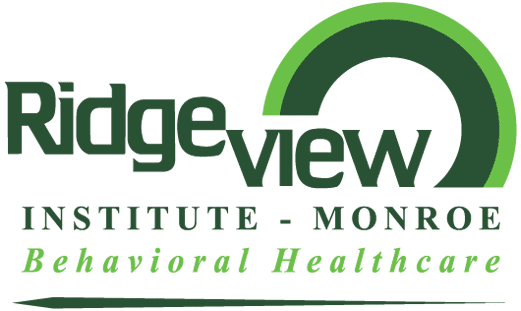Mental illness in older adults often goes undiagnosed because it is often, mistakenly considered a normal part of aging.
WITHDRAWAL FROM SOCIAL SETTINGS
Older adults experiencing mental health disorder symptoms may begin to refrain from being involved in the social activities they previously enjoyed.
CHANGES IN MOOD
A loved one who is normally easy-going may suddenly display angry outbursts for no reason. Seniors suffering from depression may experience unexplained feelings of guilt, sadness, and worthlessness. Mood changes that last longer than two weeks can indicate signs of mental illness.
PHYSICAL CHANGES
A senior that is no longer practicing good hygiene and taking care of their personal needs is an example of a physical change. Mental illness will also cause a senior to sleep all the time or perhaps not get enough sleep or have an unexpected weight loss or gain.
LOSS OF MEMORY
We all experience some memory loss as a normal part of aging but if your loved one is struggling with short term memory loss, it may be time to consult a professional.
COGNITIVE PROBLEMS
Difficulty managing finances, following a recipe or concentrating could be a sign that your loved one has signs of a mental illness.
INCREASED STRESS
Stress is a part of everyday life, however, seniors may become overly obsessed with the small things that could affect them more than normal and could be evidence of a mental health concern.
Ridgeview Institute offers comprehensive geriatric psychiatry programs specifically designed to meet the psychological and developmental needs of adults 55 and older who are dealing with drug addiction, manic depression symptoms, major depressive disorder symptoms, and other concerns.
